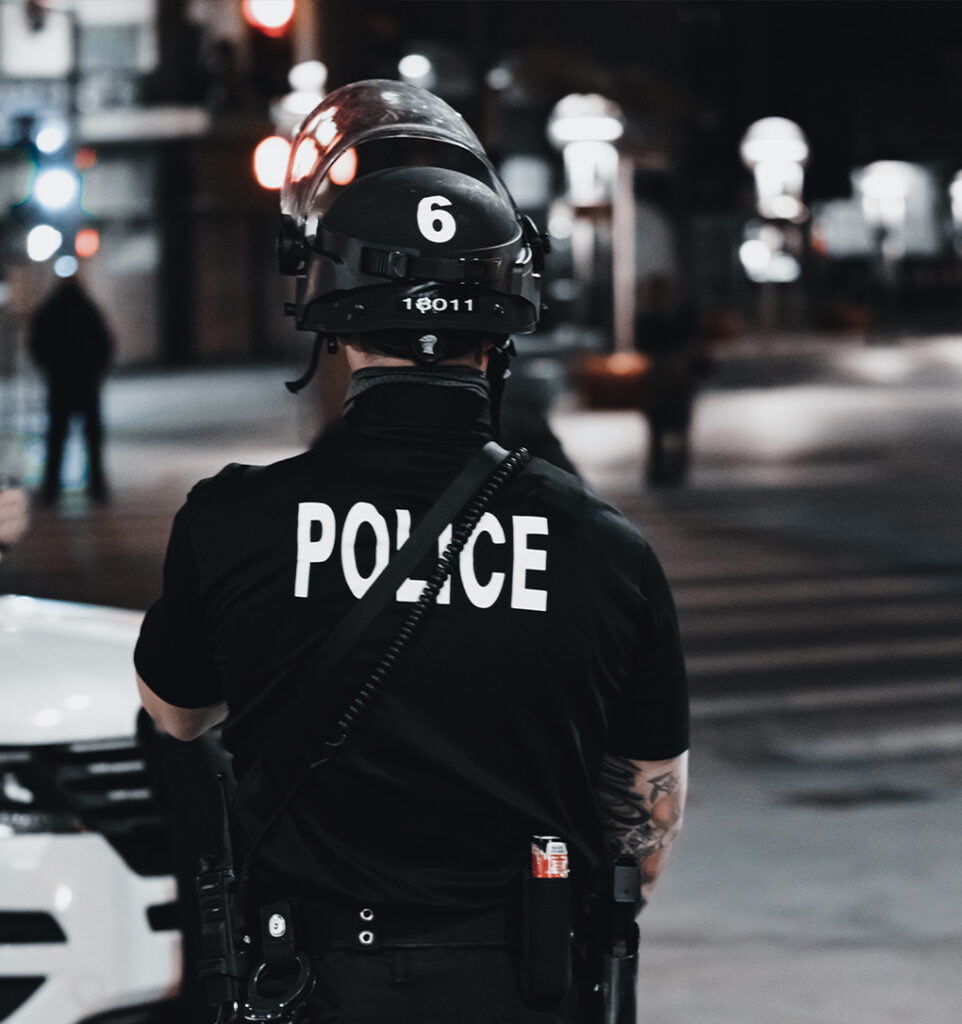When the police respond to 911 calls, they often are not sure which situations they are walking into. They may suppose that they will simply enter a residence and address the conflict at hand, only to find themselves exposed to substances like ammonia or formaldehyde used in making illegal drugs like methamphetamine.
Exposure to these chemicals can significantly compromise an officer’s health and lead to illnesses like chronic pneumonia or pulmonary fibrosis. These health conditions can shorten both an officer’s career and life expectancy. Officers who are exposed to toxins while on the job could have legal cause to file a workers’ compensation claim


